New research reveals shark problem across Queensland
Sharks are biting into commercial fishers’ bottom line as operators report 2024 as the worst year on record, with new research revealing the problem predator.
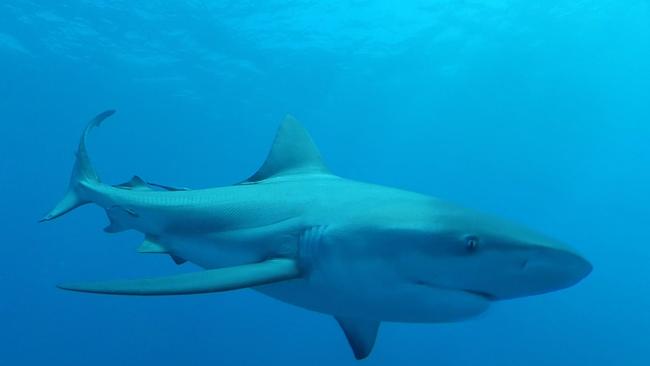
News
Don't miss out on the headlines from News. Followed categories will be added to My News.
Sharks are biting into commercial fishers’ bottom line as operators report 2024 as the worst year on record, with new research revealing the problem predator.
Research from the University of Sunshine Coast shows bull sharks are hooking fish across Queensland in a study that tagged more than 60 sharks and took genetic samples from nearly 300 bitten fish.
And their numbers seem to be increasing, with data from the Queensland shark control program showing drum lines across Cairns caught 13 bull sharks in 2023-2024 compared to none in 2019-2022.
Rick Ruckwood, owner of charter fishing business Reefinity Adventures, said some trips he’d lost “every single fish” to a shark.
“It doesn’t seem to matter what you do, they are definitely a headache and it’s the same all around Cairns,” he said.
“Sometimes you might land one [fish] but you’ve lost four to five reef fish.”
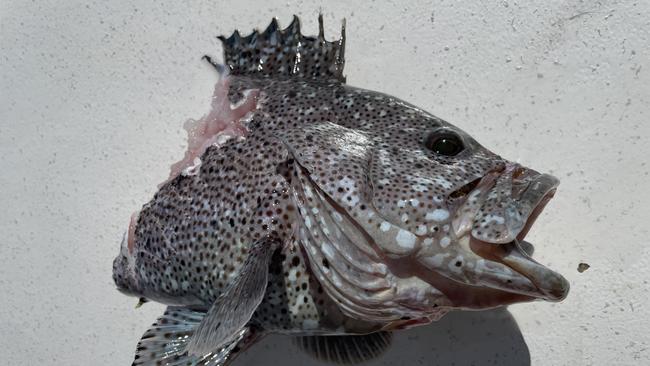
USC PhD candidate Jaeden Vardon has been researching shark depredation for four years.
He said genetic samples taken from nearly 300 bitten fish came from just a handful of species.
“We found 14 different species were responsible for depredating fish … that included instances where fish, like Spanish mackerel, barracuda or big cod were also observed depredating fish,” Mr Vardon said.
“Most of our forensic analysis returned bull shark samples, showing them as a particularly problematic species.”
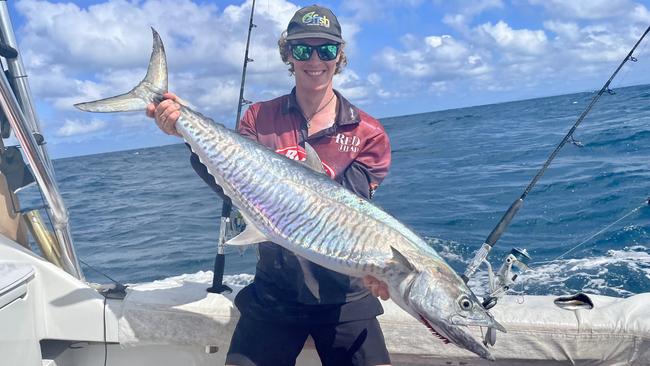
Pristine Reef Fish operator and commercial fisherman Richard Gilmore said sharks had changed how he fished.
“There are days they won’t show much interest and then … they’ll flick a switch and you won’t get a fish off the bottom you could hook it and within a second a shark’s got it,” Mr Gilmore said.
“There’s a lot of areas where I just don’t bother going fishing anymore purely because of the number of sharks.
“Having to avoid those places means you’re avoiding the areas that have more fish … because I don’t like wasting fish.”
Mr Gilmore said commercial fishers have adapted to the issue by changing how and when they fish, but feared everyday anglers would struggle.
“We’ve adapted to needing to get the fish to the boats faster whereas within the recreational sector, it’s all about rod and reels.
“If you’ve got a day where the sharks are exceptionally bad, you’ll go and change from targeting red emperor...to targeting either coral trout or if available Spanish mackerel, but recreational people can’t do that.
“There’s one small study that had recreational depredation as high as 70% in Spanish mackerel... that’s an insane amount of fish.”
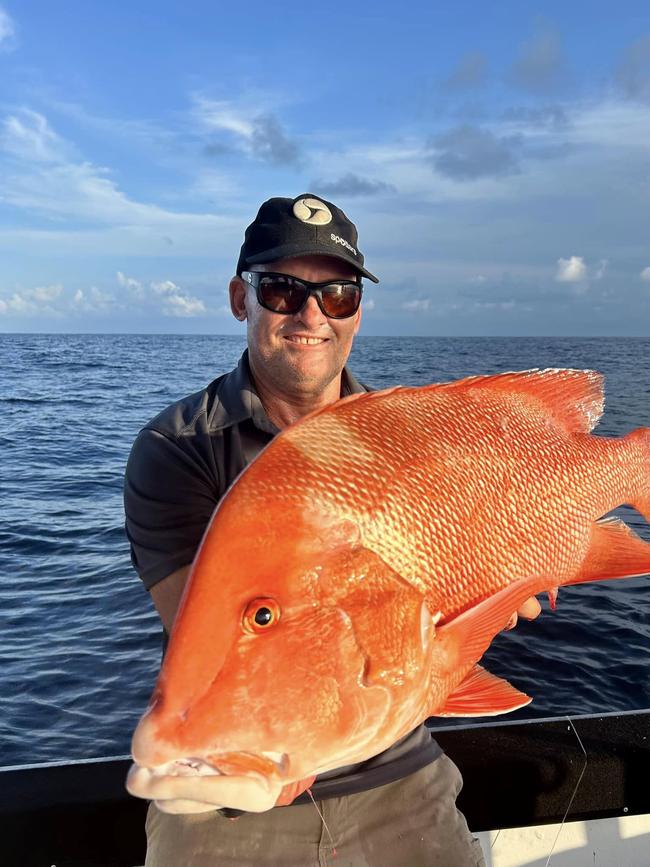
In a statement, the Queensland Department of Primary Industries said it was aware of sharks eating more fish and recently funded a project to mitigate the issue.
“We are conducting a two-year project, funded by Fisheries Research Development Corporation to identify suitable mitigation methods to reduce shark depredation,” a Fisheries Queensland spokesman said.
“Workshops involving fishers will be held in Queensland and other states and territories where shark depredation is occurring during this period.
“A national online survey will also be conducted to collect information from fishers on what mitigation methods they currently use and would like to see tested.”
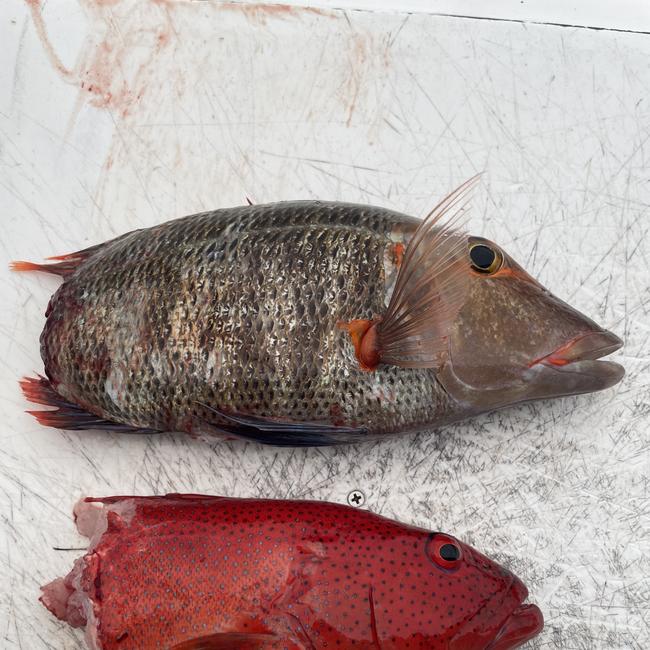
But Mr Varden said the issue had been historically under reported.
“Depredation is a growing issue in Queensland and worldwide but unfortunately, there hasn’t been much reporting historically,” Mr Vardon said.
“Without baseline data we really haven’t got strong baseline data for some of the species that are causing issues.
“As far as fishers go, the general consensus is that sharks are increasing … But it’s difficult to know whether that is higher or lower than it was historically.”
Mr Ruckwood said regardless of opinions, the issue wasn’t going away.
“I’m not a greeny or anything but i’m also not ... an anti-greeny,” Mr Ruckwood said.
“I don’t really know what they need to do, but they (sharks) have got worse.”
Originally published as New research reveals shark problem across Queensland



